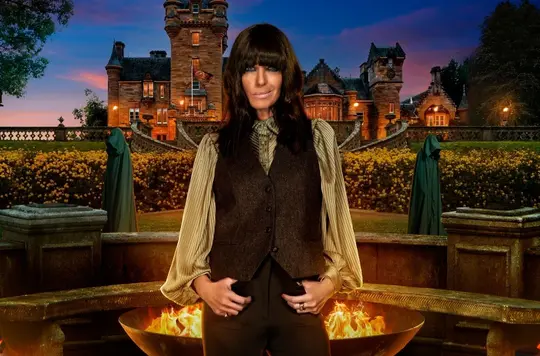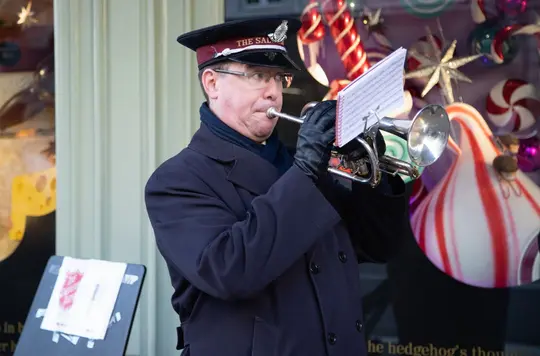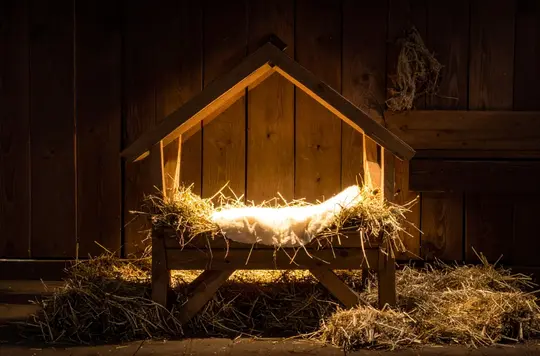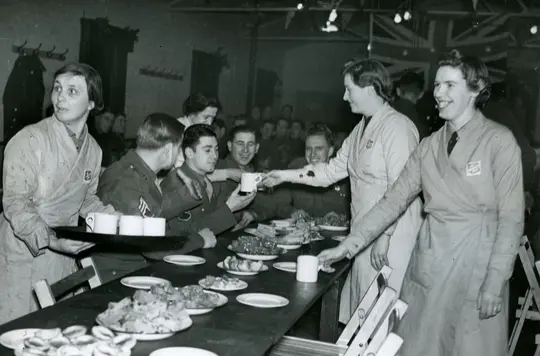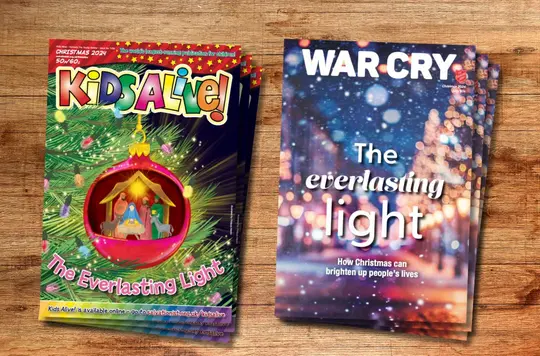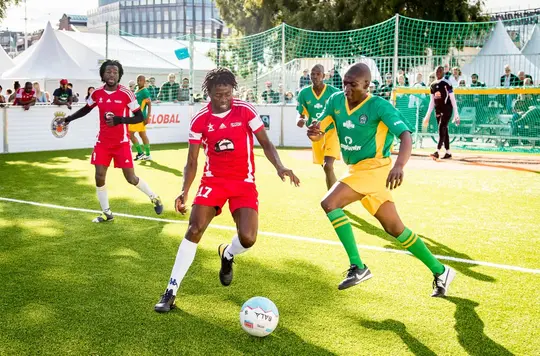7 July 2025
‘The silence after the explosions was scary’
Interview by Ewan Hall
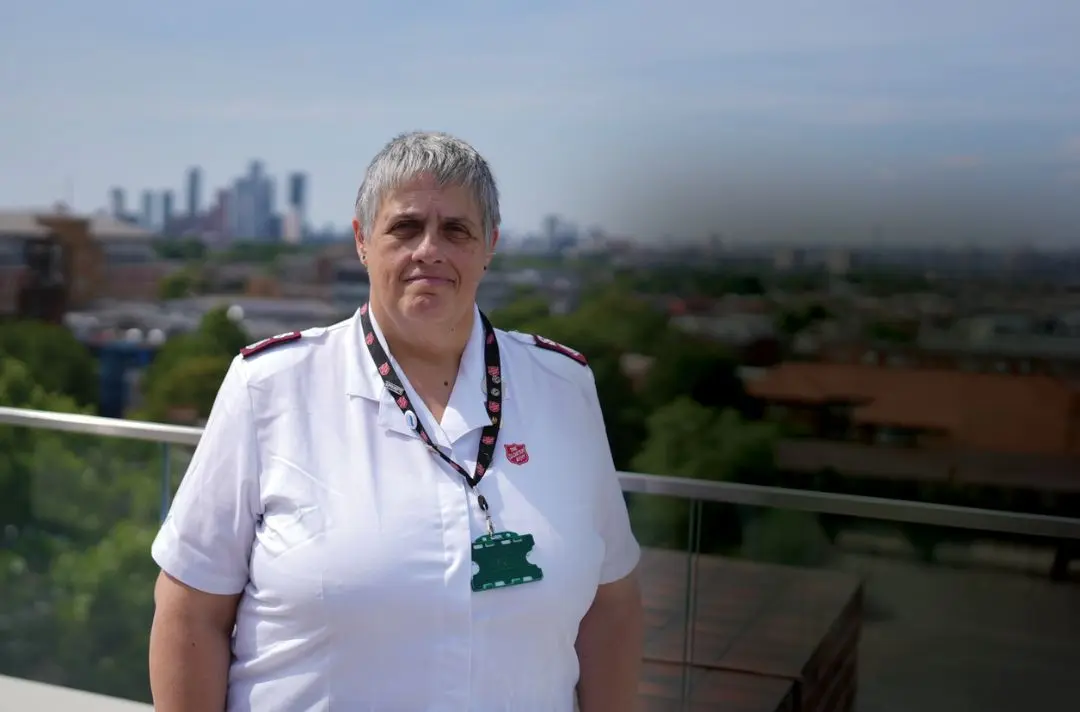
To mark the 20th anniversary of the 7 July London bombings, War Cry’s Ewan Hall talks to Major Estelle Blake about how the day affected her life.
Twenty years ago, four suicide bombers carried out co-ordinated attacks in central London that resulted in the deaths of 52 people and injured more than 700. It is still the single worst terrorist attack to happen on British soil.
On 7 July 2005, London’s public transport system was targeted during the morning rush hour, with three of the bombs exploding within minutes of each other on Underground trains at Aldgate, Edgware Road and between King’s Cross and Russell Square stations. A fourth explosion followed on a double-decker bus at Tavistock Square.
On that day, Major Estelle Blake was working at The Salvation Army’s Faith House, the hub of an outreach programme for sex workers and victims of human trafficking.
‘Faith House was directly opposite King’s Cross and St Pancras stations,’ Estelle explains. ‘When you were in the office you would feel and hear the Tube trains running underneath. On the day of the bombings, I was upstairs on the second floor, and I felt this weird rumble.
‘I put my head out the door and everything was chaotic. I changed into my Salvation Army uniform and, as I was going out the door, I heard an explosion. I thought there had been a big crash, but later I discovered it was the bus exploding.’
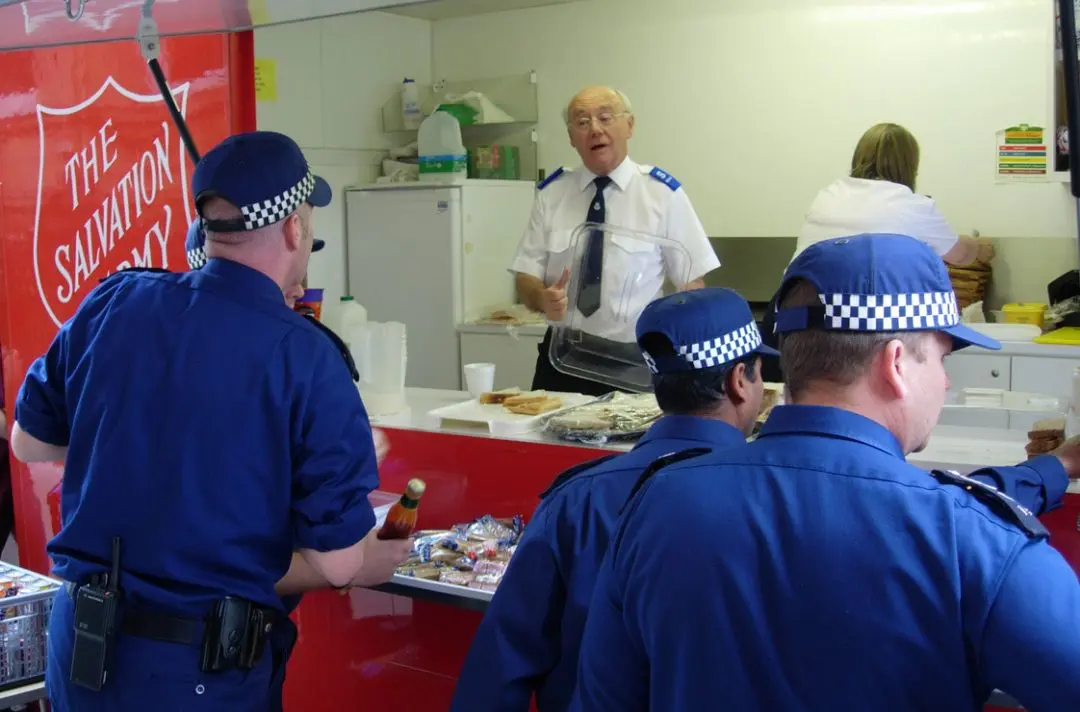
Estelle received a phone call from her Salvation Army bosses, alerting her to the attacks and instructing her to speak to the police.
When she located the police operation, she saw that they had cordoned off the affected area, which had caused confusion among the public, who weren’t sure where they should be going.
‘One of the police officers I spoke to was unsure where to send people,’ Estelle says. ‘I told him I was from The Salvation Army and asked what I could do to help. He said: “Do you live around here?” I told him I did, and he asked me to direct the members of the public.
'So, I stood on a step and started telling people that if they were going to the City, to walk one way, if they were going to the West End, to walk the other. I did that for half an hour.’
Then Estelle, with the help of a colleague, opened Faith House, so that police could make confidential calls on a landline as the mobile signal had gone down. Faith House also became a place where vulnerable people and those whose health was deemed to be at risk were given shelter.
Estelle believes that over the following days the horror of the bombings brought the community around King’s Cross together. When The Salvation Army sent an emergency response vehicle to the scene to provide refreshments to the emergency services, shops helped to keep it stocked up with bottled water, coffee and tea. Hoteliers from the area also offered food.
However, Estelle says that in the hours after the bombings, it was a nearby Burger King that provided immediate support.
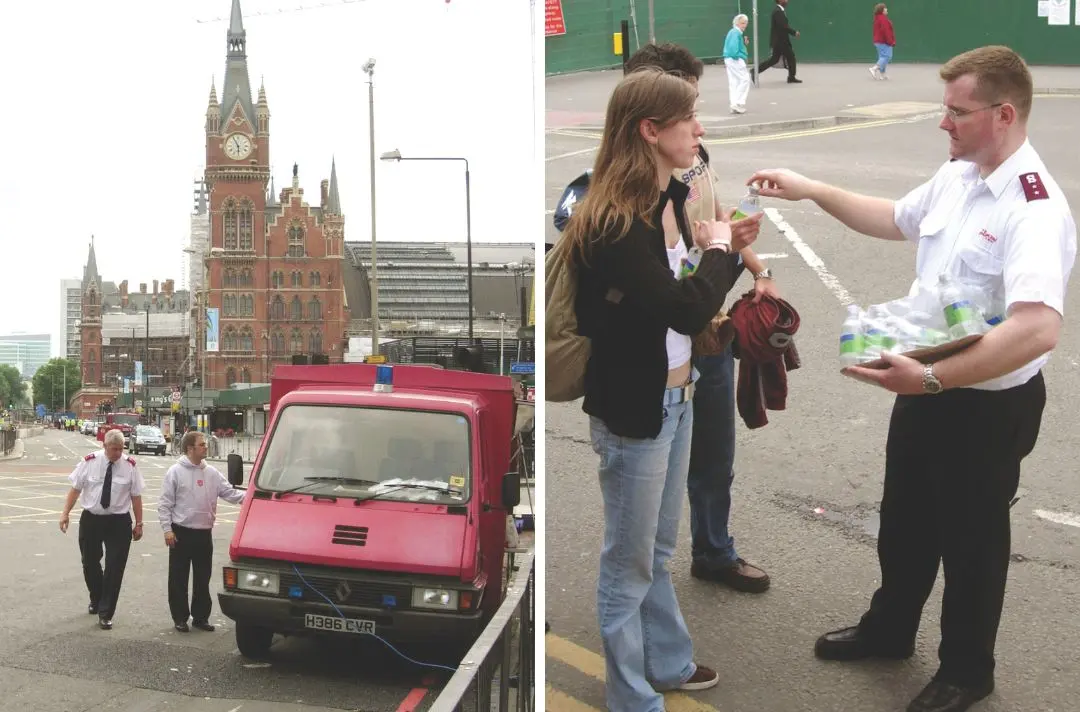
‘The police went into the Burger King and asked them to open for food and to provide another place for emergency service staff to rest,’ Estelle explains. ‘I stayed in the Burger King and helped the staff in preparing food.’
The restaurant became an important venue for many people that day – and not just because of the food.
‘It wasn’t just the emergency services who needed it,’ Estelle recalls. ‘There were builders and construction workers who had been doing all the tunnel work for some station upgrades.
'They were the ones helping the police to get to places underground. And those workers needed somewhere quiet to sit away from the bomb scene.’
Estelle provided all the help she could throughout the day, finally finishing at midnight. She and other members of The Salvation Army continued that support to the emergency services in the days and weeks afterwards.
As she reflects on the horror and chaos of the day, Estelle remembers one thing in particular.
‘The silence after the explosions,’ she says. ‘I have never known silence on Euston Road. And that was quite scary. There had been all this commotion and noise, and then Euston Road was quiet.’
As Estelle is an officer in The Salvation Army, faith plays a central role in her life. And the events of 7 July had an effect on what she believes.
‘My faith did change,’ she says. ‘That day reminded me of my mortality and that anything can happen at any minute. It made me question, am I right with God?
'I know I have to be closer to Jesus – and it made me want to make sure others know about him, as we never know when we may die. The day of the bombings made me want to be more open about my faith.’
Interview by

Ewan Hall
War Cry

